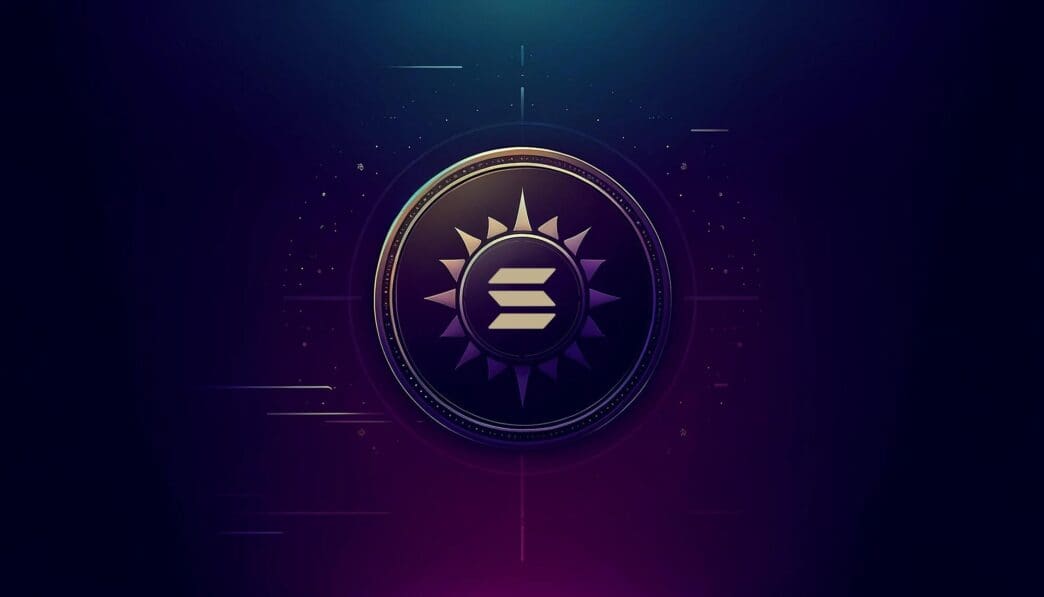Executive Summary
The Story So Far
Why This Matters
Who Thinks What?
Solana-based decentralized exchange (DEX) aggregator Jupiter has unveiled Ultra v3, its most sophisticated trading engine, designed to significantly enhance trade execution, reduce slippage, and introduce gasless transactions. This major upgrade aims to revolutionize decentralized trading on the Solana blockchain by making it substantially faster, more reliable, and broadly accessible to all users.
Advanced Routing and Execution Enhancements
Ultra v3 incorporates new routing algorithms and predictive execution models to deliver precise on-chain outcomes. The new Iris router, replacing the older Metis system, boasts nearly a 100-fold improvement in performance and efficiency through advanced order splitting and refined algorithms like Golden-section and Brent’s method.
Its Predictive Execution feature prioritizes realistic on-chain results by dynamically forecasting slippage and selecting optimal routes, ensuring traders receive the most favorable prices at execution. This system is engineered to provide actual on-chain results rather than mere simulated quotes.
MEV Protection and Reduced Latency
A key component of Ultra v3 is ShadowLane, Jupiter’s proprietary transaction landing engine. This system dramatically reduces transaction latency from three blocks to under one, allowing trades to settle within milliseconds.
ShadowLane eliminates the need for third-party relays, offering robust protection against harmful Maximal Extractable Value (MEV) practices. Internal benchmarks suggest the new protocol provides 34 times better sandwich attack protection and up to ten times lower execution fees compared to rival decentralized platforms.
Enhanced Security and Accessibility
Security and user accessibility are central to the Ultra v3 design. The new Real-Time Slippage Estimator (RTSE) automatically adjusts acceptable price ranges during periods of high market volatility, thereby minimizing failed transactions and preventing traders from overpaying for slippage.
Furthermore, the upgraded Gasless Support feature allows users to execute trades without needing to hold SOL tokens for transaction fees. As long as one of the traded tokens meets a qualifying value, Jupiter covers the gas costs directly from the swap.
Liquidity and Market Dynamics
Ultra v3 also introduces Ultra Signaling, a mechanism designed to help Prop Automated Market Makers (AMMs) identify non-toxic traders, which in turn enables them to quote tighter spreads, potentially up to 50% narrower. The system’s Just-In-Time Market Revival functionality further expands liquidity by intelligently routing trades through previously inactive markets, optimizing overall market efficiency.
Solana (SOL) Price Outlook
Concurrently, Solana’s native token, SOL, has seen recent movement, trading around $185 and registering a 3.6% daily gain. Market analyst Ali Martinez highlighted that SOL is currently consolidating above the $180 support zone.
According to Martinez, a decisive breakout above the $191 resistance level could signal renewed bullish momentum, potentially pushing the token towards $210. Sustained buying activity at current levels could bolster confidence in the broader recovery of the Solana ecosystem.
Key Takeaways
Jupiter’s Ultra v3 represents a significant advancement in decentralized trading on Solana, offering substantial improvements in speed, cost-efficiency, and user protection. These enhancements are poised to make the Solana DEX landscape more attractive and competitive, potentially contributing to the broader ecosystem’s growth and stability, as reflected in the ongoing price action of its native token, SOL.







